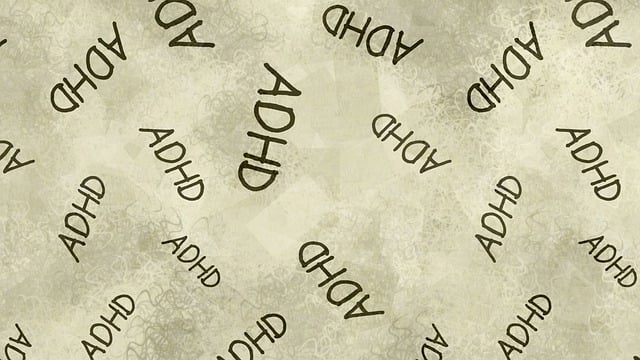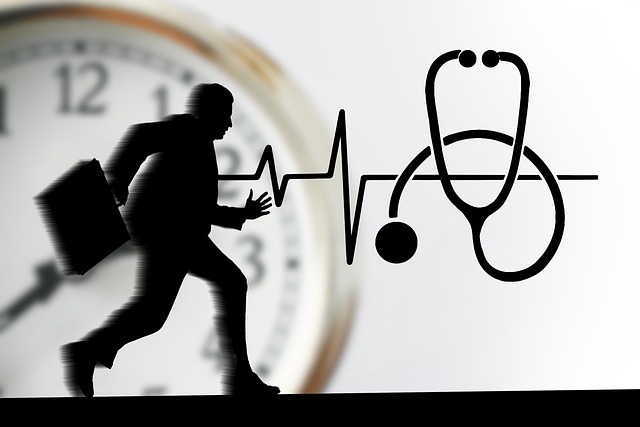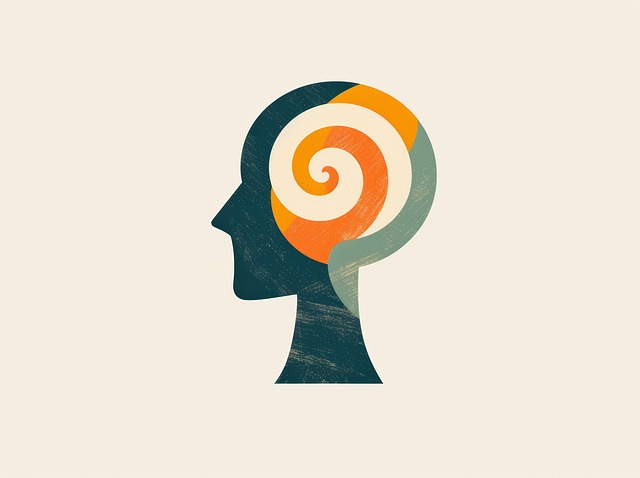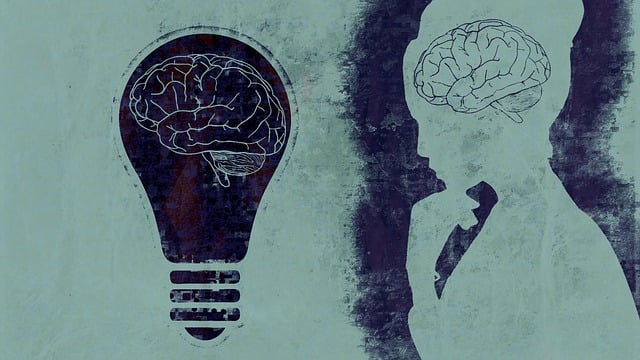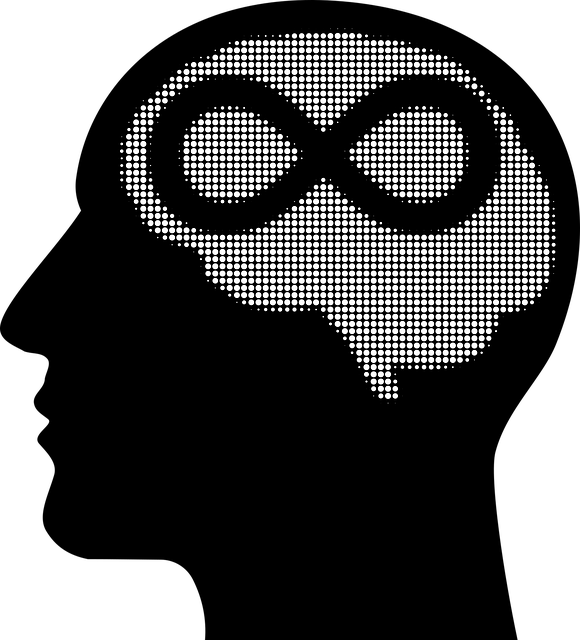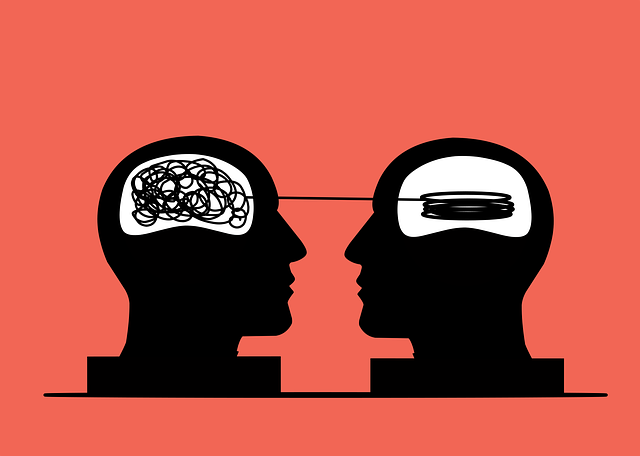Mental wellness self-assessment tools empower young adults to manage their mental health proactively through self-care, reflection, and resilience building. Tailored for their unique interpersonal challenges, these tools should be engaging, accessible, and multimedia-rich. Self-reflection and feedback mechanisms help uncover emotional patterns related to social issues, fostering emotional intelligence and communication skills. Rigorous testing, continuous iteration, and cultural sensitivity ensure effective therapy for young adults' interpersonal issues, enhancing overall mental wellness.
Mental wellness self-assessment tools are gaining prominence as essential resources for young adults navigating interpersonal issues. This article explores the development of such tools, focusing on why and who benefits from them. We delve into identifying common challenges faced by young adults, designing effective therapy mechanisms, integrating self-reflection, and ensuring optimal user experiences through rigorous testing and refinement. By understanding interpersonal issues better, we can create powerful self-assessment tools tailored to the unique needs of this demographic.
- Understanding Mental Wellness Self-Assessment: Why and Who Needs It
- Identifying Interpersonal Issues: Common Challenges Among Young Adults
- Designing Effective Therapy Tools for Self-Assessment
- Integrating Self-Reflection and Feedback Mechanisms
- Testing, Iteration, and Refinement for Optimal User Experience
Understanding Mental Wellness Self-Assessment: Why and Who Needs It

Mental wellness self-assessment tools are valuable resources that empower individuals to take charge of their mental health. In today’s fast-paced world, where stress and interpersonal issues often contribute to a decline in well-being, especially among young adults, such assessments offer a proactive approach to therapy. By providing a comprehensive understanding of one’s mental state, these tools enable people to identify areas of concern and take the first step towards improvement.
For young adults navigating life’s challenges, including academic pressures, career uncertainties, and interpersonal relationships, self-assessment can be a game-changer. It fosters self-care routine development for better mental health by encouraging individuals to reflect on their emotions, thoughts, and behaviors. Moreover, it aids in resilience building and inner strength development, equipping them with the tools to manage stress, overcome obstacles, and maintain a positive outlook.
Identifying Interpersonal Issues: Common Challenges Among Young Adults

Many young adults struggle with interpersonal issues that significantly impact their mental wellness. These challenges often manifest as difficulties in forming and maintaining healthy relationships, leading to feelings of isolation and loneliness. In today’s fast-paced world, the constant pressure to succeed academically or professionally can leave little room for building strong social connections, which is crucial for overall well-being.
Therapy for young adults focused on interpersonal issues plays a vital role in addressing these challenges. It provides a safe space for individuals to explore their relationships, learn effective communication skills, and develop coping strategies for navigating social dynamics. Additionally, considering cultural sensitivity in mental healthcare practice is essential, as diverse populations may face unique interpersonal barriers related to societal expectations, family structures, or community norms. The production of Mental Wellness Podcast Series can also be a powerful tool to raise awareness about these issues, offering practical advice and sharing personal stories to foster open conversations around burnout prevention among young adults.
Designing Effective Therapy Tools for Self-Assessment

Designing effective therapy tools for self-assessment is a nuanced process that requires understanding the unique needs and challenges faced by young adults. These tools must be accessible, engaging, and tailored to address common interpersonal issues prevalent in this demographic. Incorporating interactive features and user-friendly interfaces can enhance their appeal, ensuring users feel comfortable delving into sensitive topics.
Therapy for young adults should foster inner strength development by providing insights and strategies for managing mental wellness. The Mental Wellness Podcast Series Production, for instance, has been a game-changer in this regard, offering valuable resources on various platforms. By integrating such multimedia elements, self-assessment tools can capture diverse learning styles, making them more inclusive and effective in promoting mental health awareness among young adults.
Integrating Self-Reflection and Feedback Mechanisms

Self-reflection is a cornerstone of mental wellness assessments, as it encourages individuals to introspect and identify personal thoughts, emotions, and behaviors. By integrating self-reflection mechanisms into assessment tools, young adults can gain valuable insights into their interpersonal issues and underlying causes. This process empowers them to take ownership of their mental health journey. For instance, prompts that encourage participants to describe recent interactions with others or reflect on past experiences can uncover patterns related to social anxiety or relationship difficulties.
Feedback is another essential component that complements self-reflection. Incorporating feedback mechanisms allows users to receive external validation and guidance. In the context of therapy for young adults, providing constructive feedback on their responses, especially regarding interpersonal skills, can be transformative. Social skills training and compassion cultivation practices, when coupled with personalized feedback, aid in building inner strength development. This iterative process enables individuals to refine their communication styles, enhance emotional intelligence, and better navigate social interactions, ultimately contributing to improved mental wellness.
Testing, Iteration, and Refinement for Optimal User Experience

For optimal user experience, the development of mental wellness self-assessment tools requires rigorous testing, iteration, and refinement. This process begins with beta testing involving a diverse group of young adults facing various interpersonal issues, ensuring the tool is accessible, user-friendly, and culturally sensitive. Feedback from this initial phase informs crucial adjustments to improve functionality and clarity.
Iteration involves refining the tool based on feedback, enhancing features like Empathy Building Strategies and Communication Strategies to foster better Emotional Well-being Promotion Techniques. This cyclical process continues until the self-assessment accurately assesses mental wellness while providing actionable insights tailored to individual needs, specifically addressing the unique interpersonal challenges faced by young adults in therapy.
Mental wellness self-assessment tools play a pivotal role in empowering young adults to navigate interpersonal issues effectively. By combining insights from psychological research with innovative therapy techniques, these tools offer accessible and personalized solutions. Through careful design that incorporates self-reflection and feedback mechanisms, we can create robust platforms that enhance user experiences, fostering better mental health outcomes for this demographic. Addressing common challenges head-on, these assessments have the potential to revolutionize how young adults access and engage with their therapy, ultimately improving their overall well-being.
